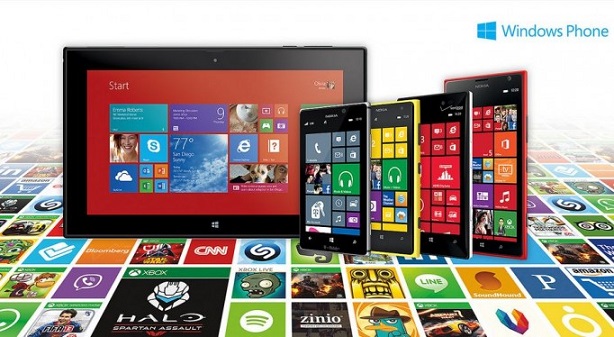Microsoft may be ready to remove all licensing fees it charges to OEMs selling devices running on Windows Phone or Windows RT. The move is largely seen as a method to increase the popularity of both operating systems to OEMs, in particular with Windows Phone.
Unlike Google’s Android, Microsoft charges OEMs a licensing fee to install the Windows Phone operating system on its devices. As a combination of this and the slow adoption rate of Windows Phone among consumers, the platform has been unable to seriously contend with the top two mobile platforms in the market, iOS and Android. Making them free to device manufacturers, however, would make Windows Phone a lot more attractive and could see more companies become less reluctant to sell Windows Phone devices.
As for Windows RT, well, its fortunes have fared worse compared to Windows Phone. Microsoft’s Surface RT, the first Windows RT device, was largely panned for blurring the line to consumers of what was essentially a stripped-down variant of Windows 8 that had limited capabilities. Making it free, however, could allow Windows RT to live on as a platform for budget tablets and laptops.
Discussions to make these platforms free for device manufacturers are reportedly “under serious consideration” by Microsoft’s OS chief, Terry Myerson. Microsoft plans to offset the loss in licensing fees via ads as well as subscriptions to the company’s suite of products, such as Office and Skype.
As yet, there is no word on when the move will take place…if it will take place at all. However, the removal of licensing fees is likely to impact positively particularly to the Windows Phone platform, opening it up to be more than just a one-horse race with regards to the number of manufacturers producing devices running on the platform, and simultaneously finally unleashing the shackles to really take on the top two.
(Source: The Verge)
Follow us on Instagram, Facebook, Twitter or Telegram for more updates and breaking news.



